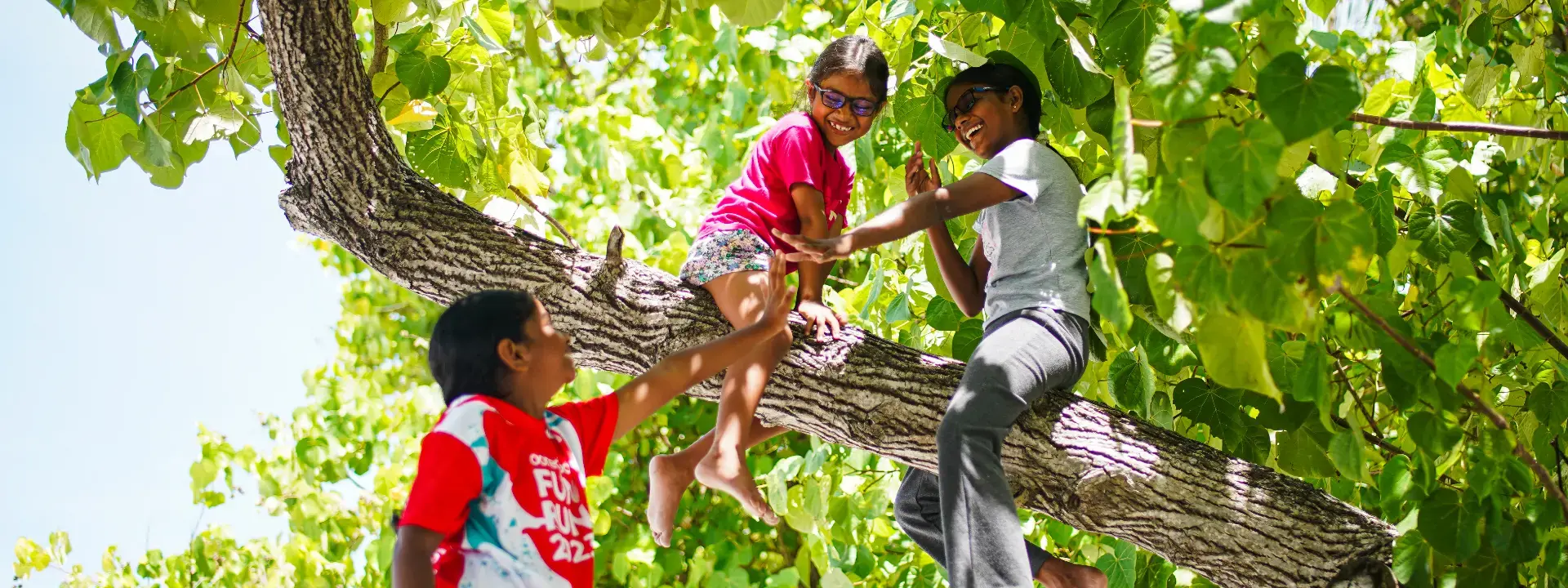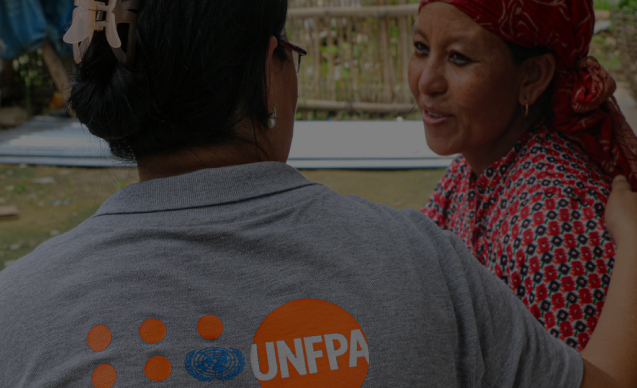UNFPA in the Maldives
UNFPA, the United Nations Population Fund, is the world's largest agency for population development, with programmes in over 140 countries. UNFPA is also the UN’s Sexual and Reproductive Health Agency, which empowers people, especially young women and girls, adolescents and the elderly – to manage their own lives and ensure right to bodily autonomy. It is a core mandate of UNFPA to ensure that all individuals make informed decisions in their life, to contribute meaningfully to society and to the progress of the population without leaving anyone behind.
UNFPA helps women, men and young people plan their families and avoid undesired pregnancies; undergo pregnancy and childbirth safely; avoid sexually transmitted infections - including HIV/AIDS; combat discrimination and violence against women and formulate population policies and strategies in support of sustainable development.
UNFPA's role in the Maldives expanded dramatically in the early 1980s with the launching of national programmes on family planning and population. During this period, priority was given to develop national capacity in the area of expertise and institutional structure. To assist this process, a series of projects was implemented throughout the 1980s while expanding the involvement of relevant agencies and professions.
In the first decades of UNFPA's engagement in the Maldives, the projects were formulated by the UNFPA Field Office in Sri Lanka and implemented under the supervision of UNDP Country Office in Male'. A separate field office for UNFPA Maldives was established in 1994 and the first UNFPA Country Programme introduced in the same year. Since 1994, six Country Programmes have been implemented in the Maldives.
Aligned with the UNFPA Strategic Plan 2022-2025, UNFPA will support to achieving the Three Transformative Results: (1) Ending unmet need for Family Planning, (2) Ending maternal deaths and (3) Ending Gender Based-Violence or other harmful norms in the society - UNFPA is actively working to deliver on these promises which also align with the new agency strategic plan.
7th Country Programme - 2022-2026
The new era of development ushered in by the 7th Country Programme (CP7) stems from the United Nations Sustainable Development Cooperation Framework (UNSDCF), whilst UNFPA commitment is evidenced in its leadership to specifically support women and girls in this new cycle.
The country office will prioritize two out of the three transformative results in addressing unmet need for family planning as well as reduction in gender based violence (GBV) and other harmful practices against women and girls via a robust social norm change strategy.
In order to implement the ambitious programme UNFPA is partnering with key government agencies, academia, civil society organizations and private enterprises to accelerate progress. The programme focuses on the following key outputs for transformative results -
Output 1: Strengthened national capacity for planning, implementation and monitoring of evidence-based comprehensive sexual and reproductive health information and services, including family planning, focusing on those furthest behind
Output 2: Strengthened institutional capacity to develop life skills education and to create opportunities for adolescents and youth, including those with disabilities and residing in outer islands, to ensure their leadership and meaningful participation in decision making for issues that affect their development and overall well-being.
Output 3: Strengthened national capacity for a coordinated multi-sectoral approach to prevent and respond to gender-based violence and harmful practices, to change discriminatory social norms, and to promote gender equality.
Output 4: Strengthened national capacity to generate, analyze and use evidence for formulation of inclusive, gender-transformative, resilient and adaptive development policies addressing Maldives’ demographic transition and climate threats.




